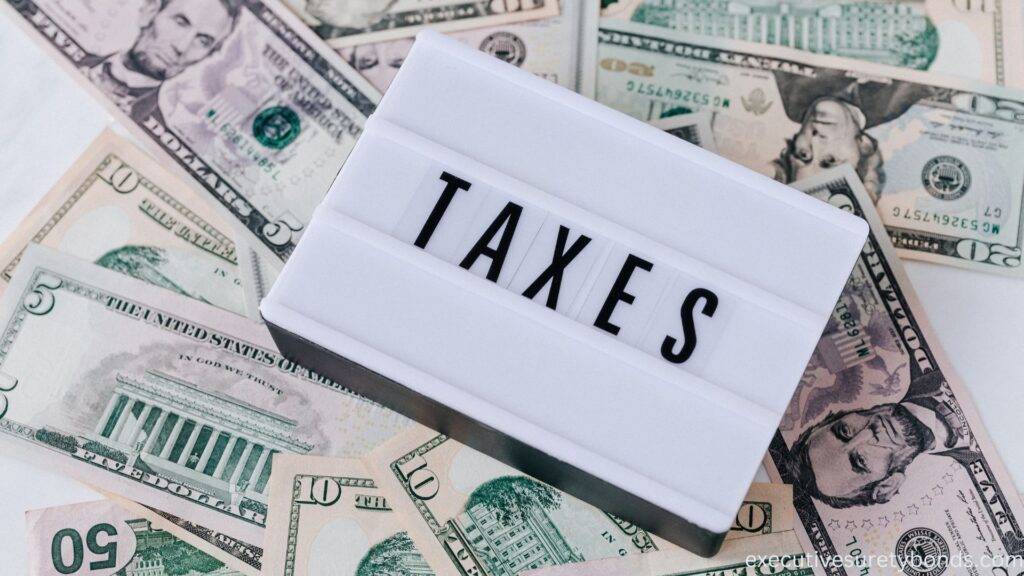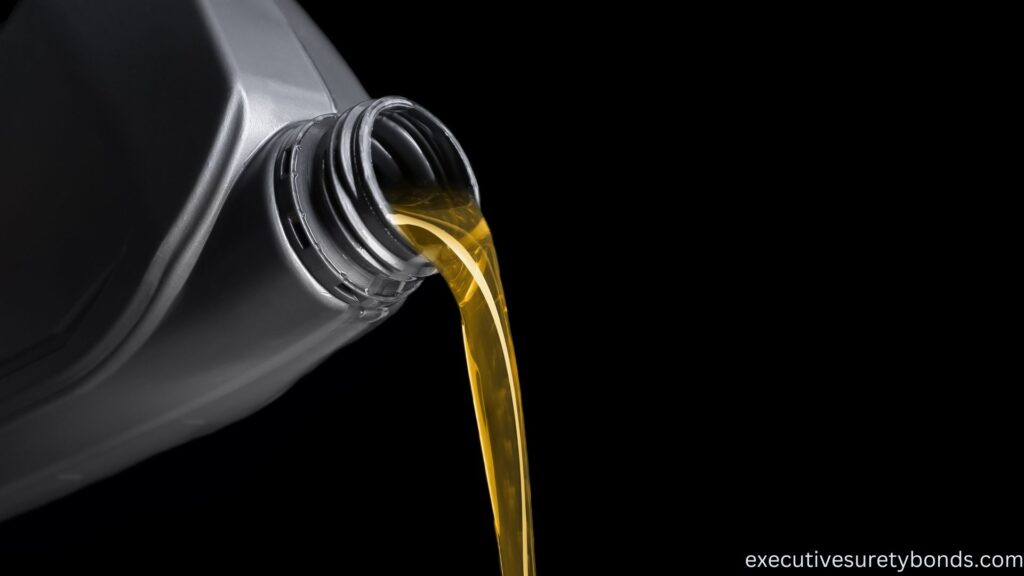Introduction
When it comes to the world of taxes and regulations, things can get quite complex. One area that may not be familiar to many is the Louisiana Motor Fuels Tax – Blender Bond. While the name may sound a bit daunting, this article aims to break it down and make it understandable for 11th-grade students and beyond.
Understanding the Louisiana Motor Fuels Tax
Before we dive into the Blender Bond, let’s grasp the basics of the Louisiana Motor Fuels Tax. This tax is imposed on the sale of motor fuels, including gasoline and diesel, in the state of Louisiana. The tax revenue collected plays a crucial role in funding road infrastructure and transportation projects, ensuring safe and efficient roads for everyone.
What Is the Blender Bond?
Now, let’s tackle the Blender Bond. In essence, it’s a financial guarantee required by the Louisiana Department of Revenue from businesses involved in blending motor fuels. Fuel blending is the process of mixing different types of fuel, such as ethanol and gasoline, to create a specific blend. This is often done to meet regulatory requirements or enhance fuel performance.
Why Is the Blender Bond Required?
The Blender Bond serves as a form of insurance for the state of Louisiana. When businesses blend motor fuels, there’s a potential risk of underreporting the amount of fuel they’ve blended, which could lead to underpayment of motor fuels tax. To protect the state’s tax revenue, the Blender Bond ensures that businesses comply with tax regulations.
How Does the Blender Bond Work?
Here’s how it works: A business involved in fuel blending must obtain a Blender Bond from a surety company. The bond amount varies depending on the volume of fuel blending activity. If the business fails to meet its tax obligations – for instance, by underreporting blended fuel or not paying the required tax – the state can make a claim against the bond to recover the owed taxes.
Conclusion
In conclusion, the Louisiana Motor Fuels Tax – Blender Bond is a financial safety net designed to ensure that businesses involved in fuel blending comply with state tax regulations. While it may seem complicated at first, understanding the purpose and function of this bond is essential for businesses operating in the state. It helps maintain the revenue needed to keep Louisiana’s roads in good shape, benefiting all residents and travelers.
Frequently Asked Questions
Is the Blender Bond the same for all businesses involved in fuel blending?
No, the bond amount can vary. It depends on the estimated volume of fuel blending activity conducted by the business. Businesses with higher blending volumes may be required to obtain a higher bond amount to cover potential tax liabilities.
What happens if a business fails to secure the Blender Bond?
If a business involved in fuel blending fails to obtain the required Blender Bond, it is likely in violation of state regulations. Operating without the bond can lead to penalties, fines, and legal consequences. It’s crucial for such businesses to comply with bonding requirements.
Are there any exemptions or waivers for the Blender Bond?
In some cases, certain businesses may be eligible for exemptions or waivers of the Blender Bond requirement. These exemptions can be based on factors such as the type of fuels blended, the purpose of blending, and the business’s history of compliance. It’s advisable for businesses to consult with the Louisiana Department of Revenue to determine if they qualify for any exemptions.

